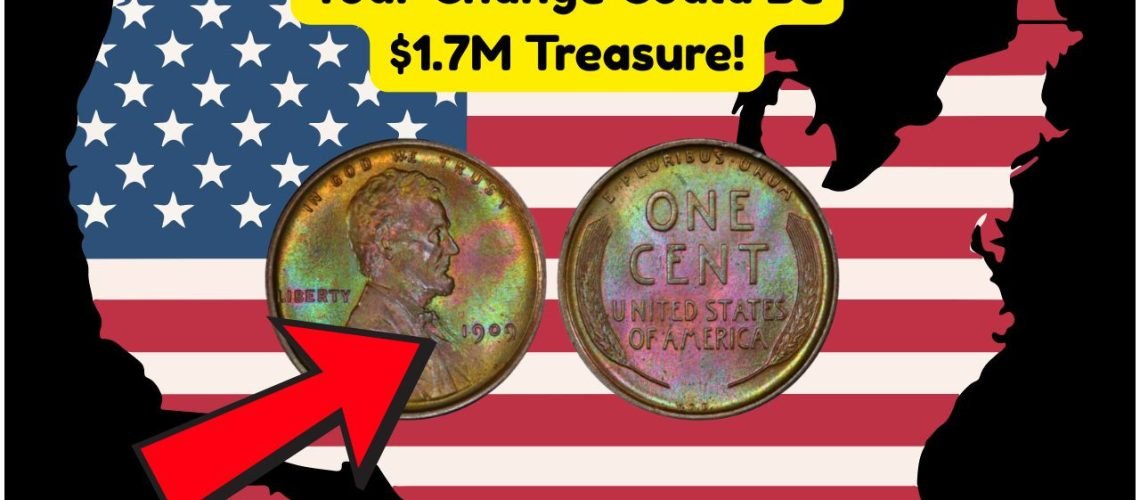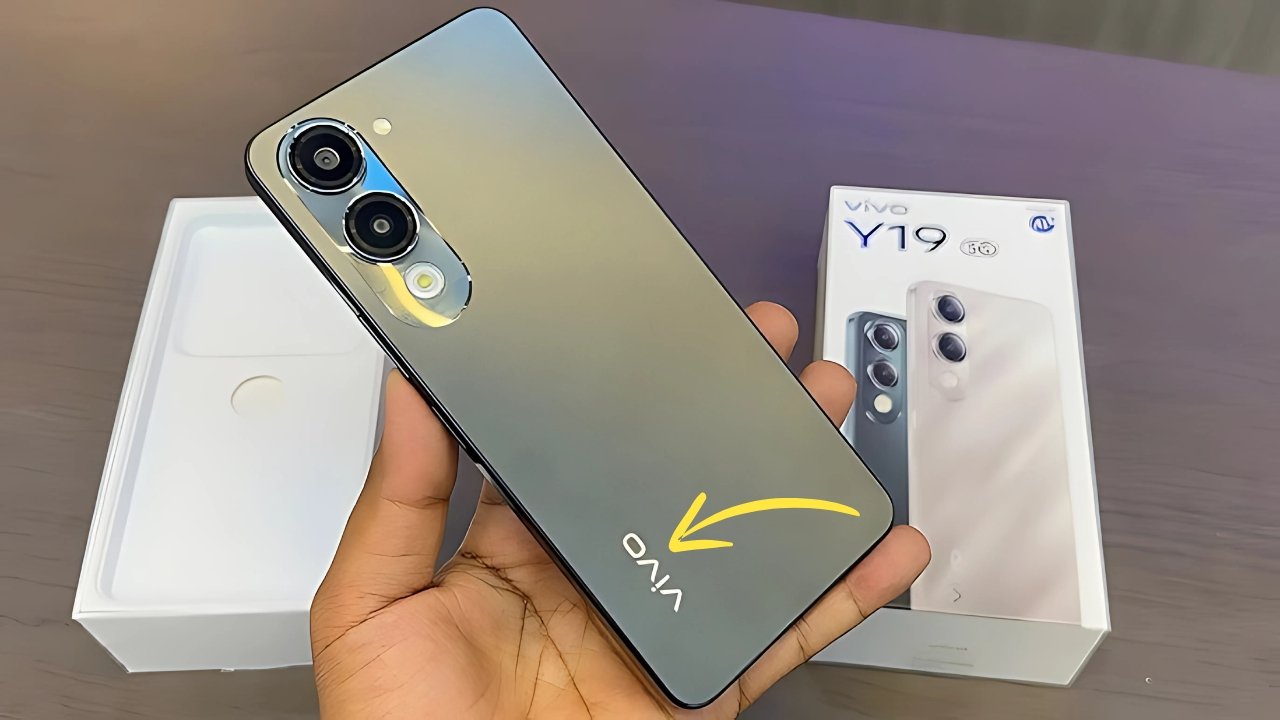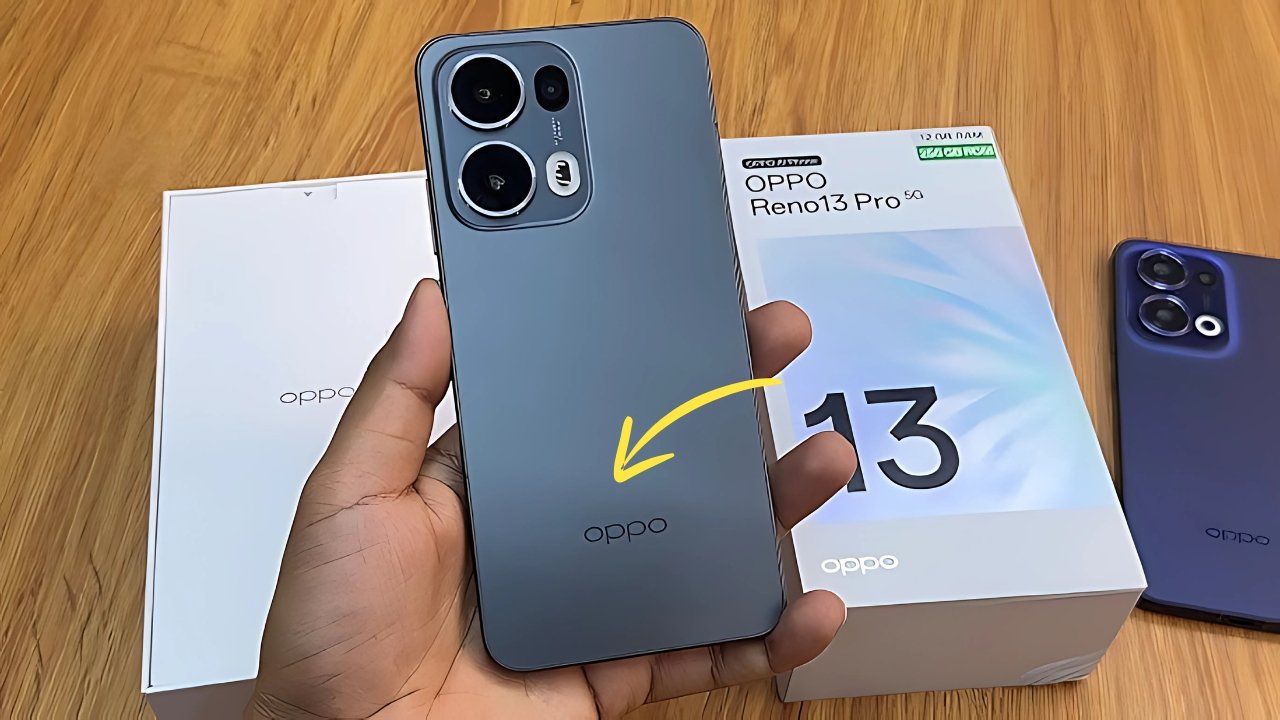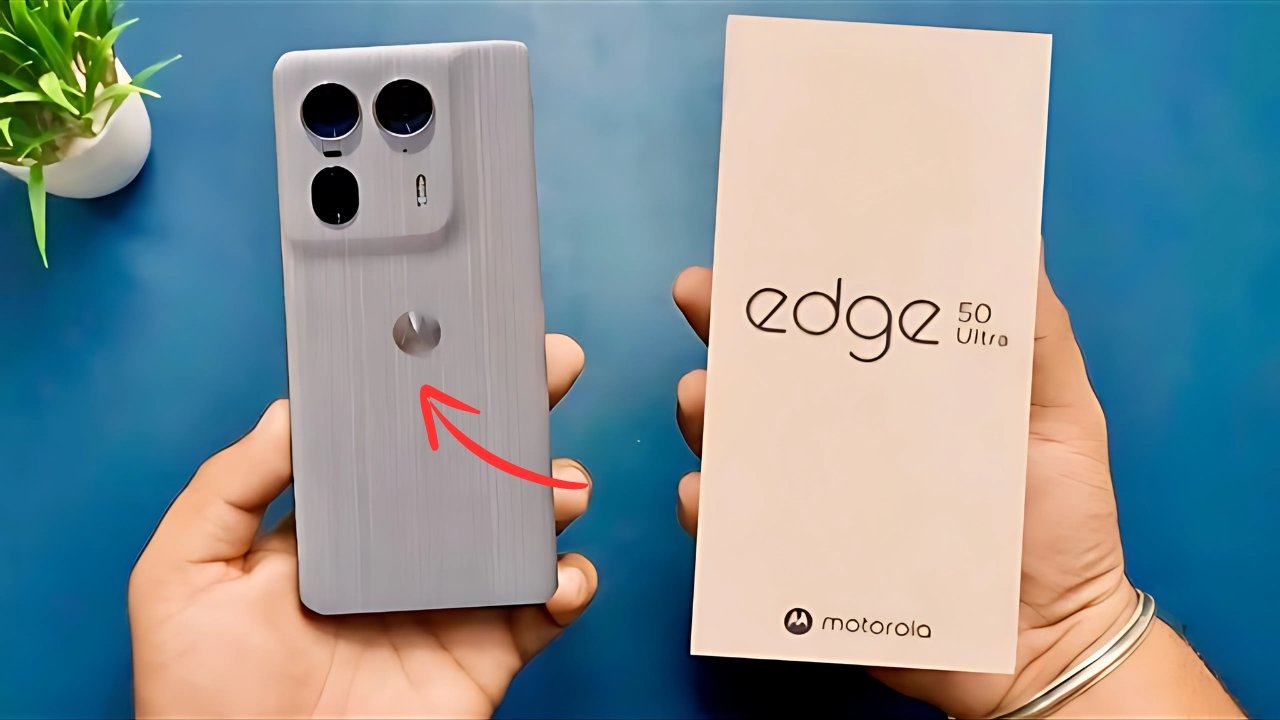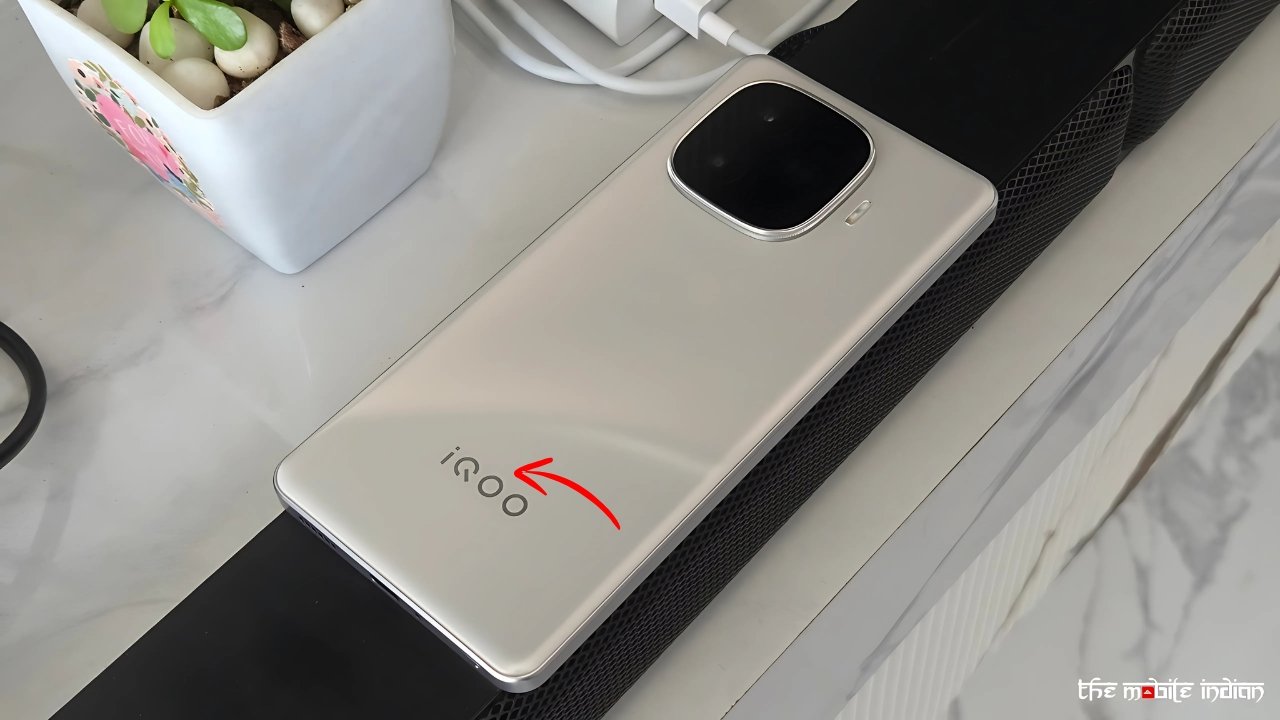Rare Lincoln Wheat Penny
Table of Contents
Toggle
Uncovering the Mystery of the Rare Lincoln Wheat Penny
Rare Lincoln Wheat Penny: Have you ever found yourself holding a penny and wondering if it might be worth more than its face value? Surprisingly, there is a rare gem still circulating among us – the Lincoln Wheat Penny. While most pennies are worth just one cent, some versions of this coin can fetch a staggering $1.7 million at auction! Let’s delve into the fascinating history and the potential fortune hiding in your pocket change.
- The Lincoln Wheat Penny was first minted in 1909 to commemorate the 100th anniversary of Abraham Lincoln’s birth.
- Designed by Victor David Brenner, the coin features Lincoln’s profile on the obverse side.
- The reverse side showcases two wheat stalks, symbolizing prosperity and growth.
- While millions were produced, certain years and mint marks make specific pennies exceedingly rare.
- Collectors and enthusiasts actively seek these rare finds, driving up their value significantly.
Identifying the Valuable Lincoln Wheat Pennies
Some Lincoln Wheat Pennies are more valuable than others due to errors, limited mintage, or unique characteristics. Identifying these valuable coins requires a keen eye and some knowledge. The most sought-after pennies are those with mint errors, such as double stamping or off-center strikes. Additionally, the 1943 copper penny is one of the most famous, as it was mistakenly made from copper instead of steel during wartime metal shortages.
- Look for pennies from the 1909-S V.D.B. series, as they are among the rarest.
- The 1914-D penny, minted in Denver, is another highly prized coin due to its low production numbers.
- Pay attention to mint marks, such as ‘S’ for San Francisco or ‘D’ for Denver, which can affect value.
- Condition matters; coins in pristine condition are worth more than those that are worn or damaged.
- Consider getting your coins professionally appraised for an accurate valuation.
The Economics of Collecting Rare Pennies
The world of coin collecting is as much about passion as it is about economics. Rare Lincoln Wheat Pennies can be lucrative investments if you know what to look for and how to sell. The market for rare coins is driven by demand and rarity. As more collectors seek these unique pieces, their value continues to rise. However, like any investment, there’s a degree of risk involved, and prices can fluctuate based on market conditions.

The Lincoln Wheat Penny Worth $95,000 Still Circulating – Could You Have One?
| Year | Mint Mark | Estimated Value | Rarity | Notes |
|---|---|---|---|---|
| 1909 | S V.D.B. | $1,000+ | Very Rare | First year of issue with designer initials |
| 1914 | D | $200+ | Rare | Low mintage |
| 1922 | No D | $700+ | Rare | Die error |
| 1931 | S | $100+ | Scarce | Low production |
| 1943 | Copper | $1.7 Million | Extremely Rare | Minting error |
| 1955 | Double Die | $1,500+ | Rare | Minting error |
| 1969 | S Double Die | $10,000+ | Very Rare | Minting error |
| 1972 | Double Die | $300+ | Rare | Minting error |
Why Some Pennies Are Worth Millions
- Rarity is the primary factor influencing a coin’s value.
- Pennies with historical significance or errors are highly collectible.
- The condition of the coin can greatly impact its market price.
How to Start Your Coin Collection
Embarking on a journey to collect rare coins can be both thrilling and rewarding. To start, you’ll need to educate yourself about the different types of coins and their values. Joining a coin club or attending coin shows can provide valuable insights and networking opportunities with seasoned collectors. It’s also wise to invest in a reliable coin guide or catalog to help identify and assess coins effectively.
Tips for Aspiring Coin Collectors:
- Research extensively about the coins you are interested in.
- Join online forums and communities for advice and information.
- Attend coin auctions to observe buying and selling trends.
- Start with affordable coins and gradually move to rarer ones.
- Keep your collection organized and well-documented.
Protecting and Valuing Your Collection
| Action | Importance | Details |
|---|---|---|
| Proper Storage | High | Use coin holders or albums to prevent damage |
| Regular Appraisals | Medium | Ensure up-to-date valuations for insurance purposes |
| Security Measures | High | Consider a safe deposit box for valuable coins |
| Market Monitoring | Medium | Stay informed about market trends and price changes |
| Networking | Low | Connect with other collectors for insights and opportunities |
| Insurance | High | Insure your collection against theft or loss |
Exploring Coin Auctions
Coin auctions are thrilling events where rare coins change hands for significant sums of money. Participating in an auction can provide insight into the value of your collection and open opportunities for acquisitions. Online platforms have made it easier for enthusiasts to access auctions worldwide, but it’s crucial to understand the bidding process and set a budget to avoid overspending.
Key Auction Tips:
- Research the auction house’s reputation and history before participating.
- Understand the terms and conditions of sale, including buyer’s fees.
- Set a firm budget and stick to it to prevent impulse purchases.
- Attend auctions in person or virtually to gain experience and knowledge.
- Engage with auctioneers and other attendees to build valuable connections.
Grading and Authenticating Your Coins
Grading is a critical aspect of determining a coin’s value. Professional grading services can provide an unbiased assessment of your coin’s condition, significantly impacting its market price. Authentication ensures the coin is genuine, a vital step for high-value coins prone to counterfeiting. Understanding the grading scale and terminology will help you make informed decisions about buying and selling coins.

The Lincoln Cent Worth $40,000 That’s Still Circulating in the U.S. – Check Your Change Today
Grading Guidelines:
- Familiarize yourself with the American Numismatic Association’s grading standards.
- Consider using a professional grading service for rare or high-value coins.
- Learn to identify key grading features such as luster, strike, and wear.
- Compare your coins to graded examples to improve your evaluation skills.
- Keep records of grades and certificates for authenticity and future sales.
Preserving the Legacy of Lincoln Wheat Pennies
| Year | Preservation Method | Benefits | Challenges | Best Practices |
|---|---|---|---|---|
| 1909-1930 | Coin Albums | Easy to store and display | Limited protection from air exposure | Store in a cool, dry place |
| 1931-1950 | Individual Holders | Better protection from elements | Can be costly for large collections | Use archival-quality materials |
| 1951-1970 | Safe Deposit Box | High security | Limited accessibility | Insure valuable collections |
| 1971-Present | Professional Grading | Increases market value | Grading fees | Choose reputable grading services |
| All Years | Insurance | Financial protection | Costs can add up | Regularly update valuations |
With each Lincoln Wheat Penny, we hold a piece of history that tells a story of economic change and artistic endeavor. Whether you’re a seasoned collector or a curious newcomer, the search for these rare coins can lead to unexpected treasures and new friendships.
FAQs: Rare Lincoln Wheat Pennies
What makes a Lincoln Wheat Penny valuable?
Rarity, mint errors, historical significance, and condition all contribute to a penny’s value.
How can I tell if my penny is a rare one?
Check the year, mint mark, and look for unique characteristics or errors. A coin guide can assist in identification.
Where can I sell my rare pennies?
Consider coin dealers, auctions, or online platforms. Get multiple appraisals to ensure a fair price.
Are all old Lincoln pennies valuable?
No, only those with certain rarities, errors, or historical importance hold significant value.
How should I store my valuable pennies?
Use proper storage methods such as coin albums, holders, or a safe deposit box to protect them from damage.
Disclaimer: This article is written for general informational purposes only. Please get the latest and accurate information from the official website.

